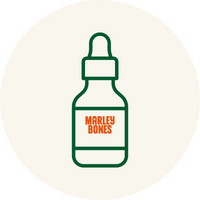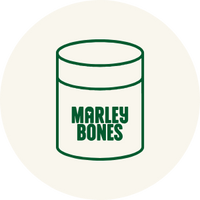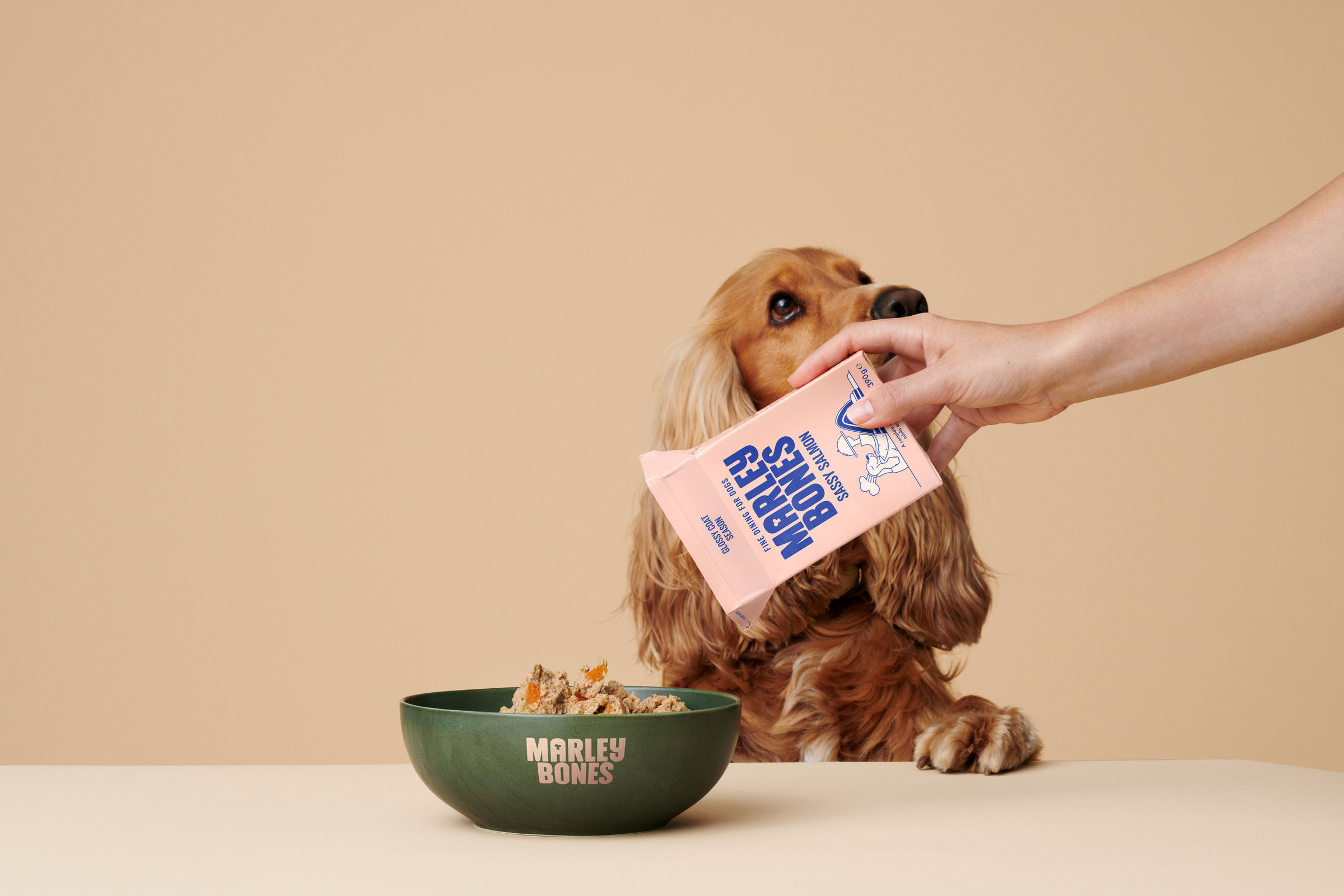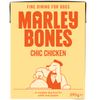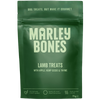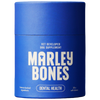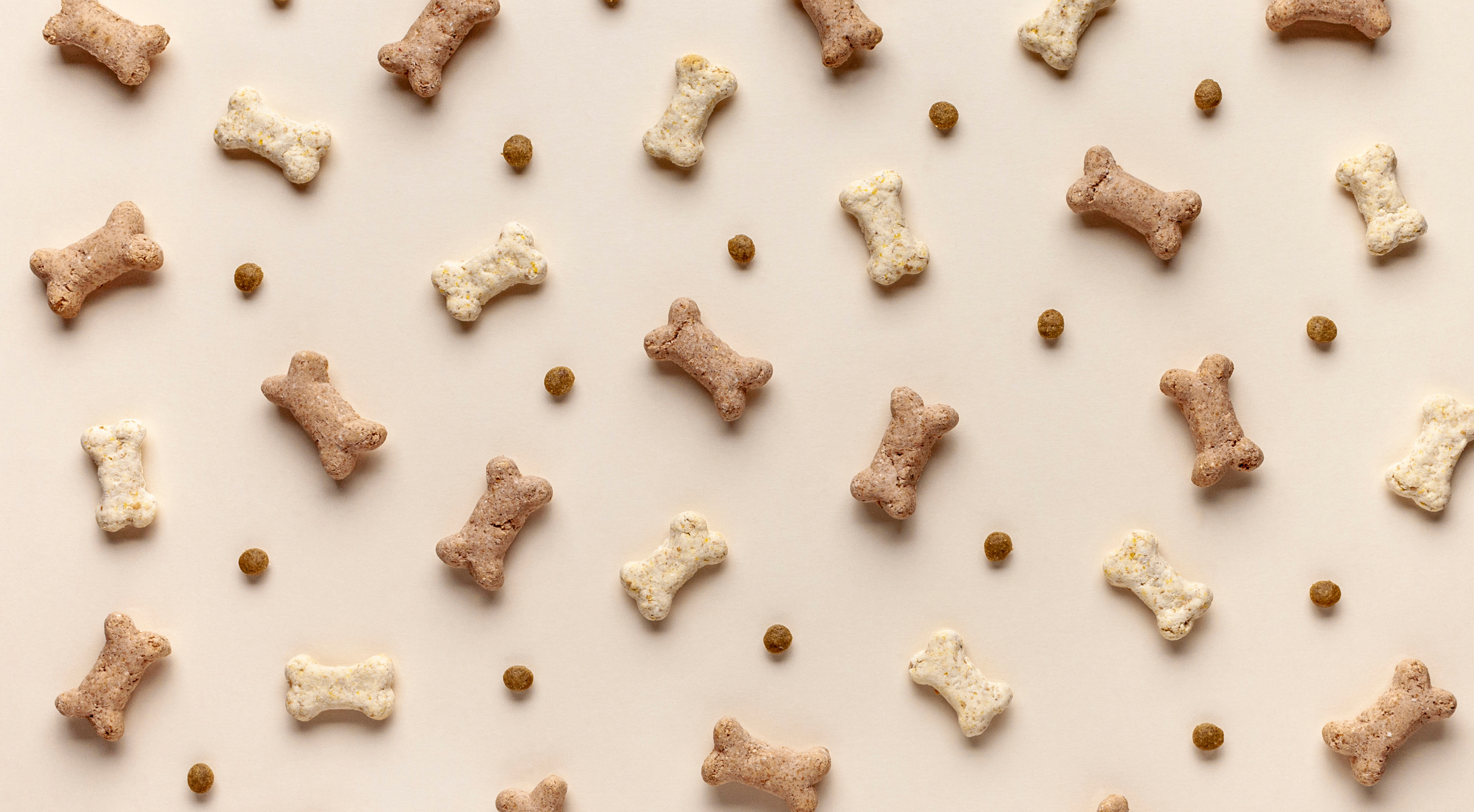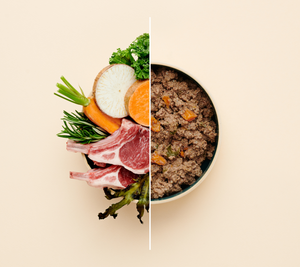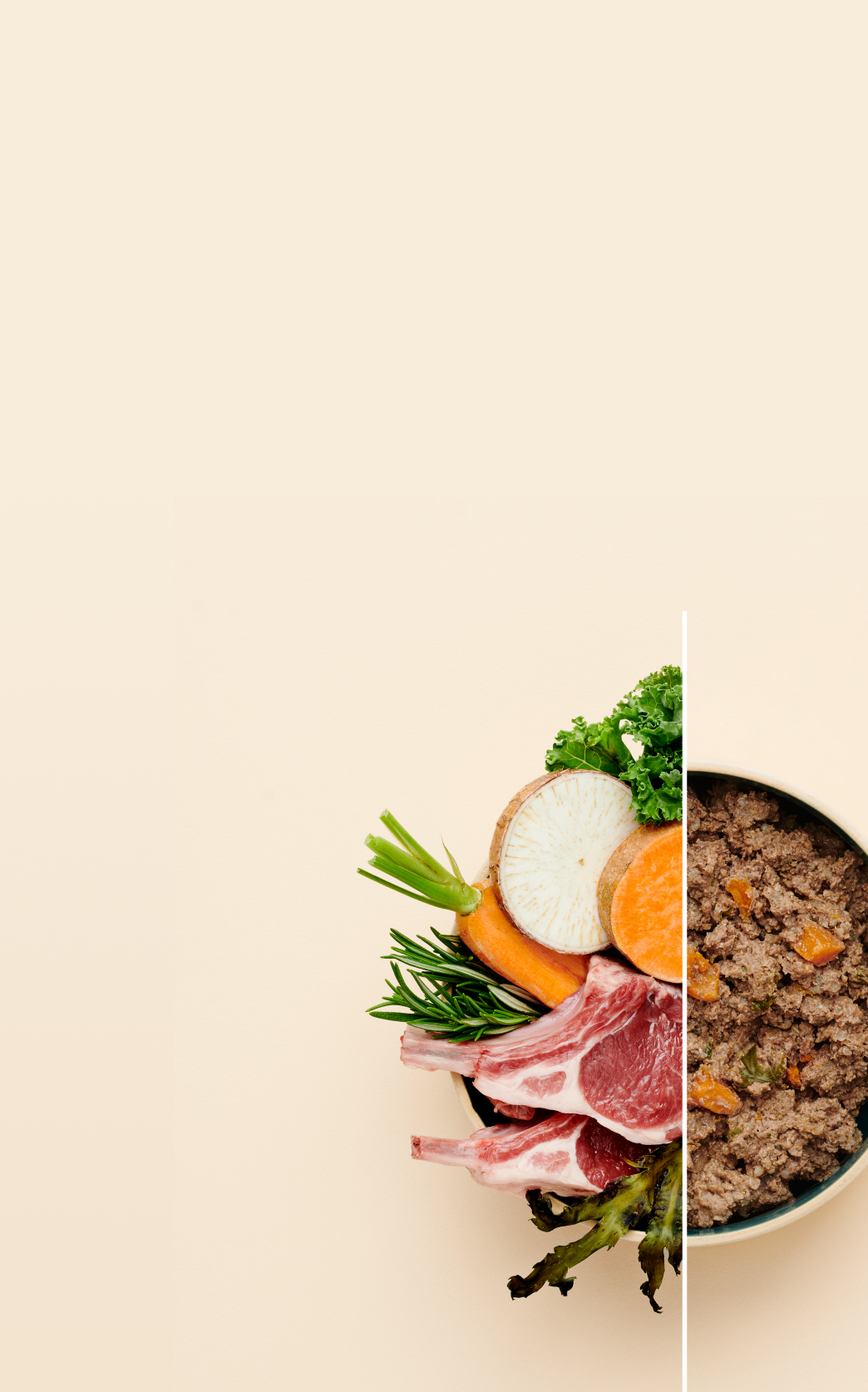Are Milk Bones Bad for Dogs? Uncovering Health Effects
Many pet owners wonder about the health impact of popular dog treats, and Milk Bones biscuits often come under scrutiny. These classic bone-shaped treats have been around for decades, marketed as tasty snacks that help clean teeth and freshen breath. But are Milk Bones truly beneficial or potentially harmful to your dog’s health? To find out, we need to carefully examine their ingredients, nutritional value, and possible side effects.
Milk Bones ingredients are generally regarded as safe by regulatory bodies, but their nutritional makeup and role in your dog’s diet deserve closer attention. Typically, Milk Bones contain wheat, animal by-products, and milk, alongside preservatives and fillers that ideally shouldn’t be part of a balanced canine diet. For treats to be genuinely wholesome, they must complement your dog’s nutritional needs without adding unnecessary calories or harmful additives.
Treats should always be balanced with a complete diet that meets your dog’s daily nutritional requirements. If Milk Bones or similar biscuits don’t align with the high-quality nutrition principles you follow, there are healthier alternatives made from natural, whole-food ingredients that better support your dog’s wellbeing.
What Are Milk Bones?
Milk Bones come in various flavours and sizes, but all share their distinctive bone shape. However, it’s not the shape that determines their nutritional quality or health benefits.
Typically, Milk Bones are made from:
- Grains such as wheat and corn
- Meat by-products to enhance flavour
- Milk (as the name suggests) to improve taste
- Added vitamins and minerals for extra nutritional value
Milk Bones come in different types, including:
- Original classic recipes
- Flavour snack varieties
- Brushing chews designed to help clean teeth
These treats are often used as rewards during training or to show affection. It’s important to consider your dog’s size when giving treats and to stick to recommended quantities. Overfeeding—even small amounts—can add up in calories and contribute to weight problems. Unfortunately, low-quality treats with empty calories are a major factor in the growing obesity epidemic among dogs.
When selecting treats, always evaluate their nutritional content and how they fit into your dog’s overall diet. A quick chat with your vet can help ensure you’re choosing the best options for your dog’s health.

Are Milk Bones Biscuits Bad For My Dog?
When evaluating Milk Bones, look closely at their ingredients and nutritional profile. Some ingredients to watch out for include:
- BHA (Butylated Hydroxyanisole), a preservative linked to potential health risks
- Wheat and corn, which are common allergens and may cause digestive issues
- Added sugars and salt, neither necessary nor healthy for dogs
A scientific study published in Veterinary Record (the British Veterinary Association’s official journal) found that many dog treats contain simple sugars, predominantly sucrose. The study recommends clearer labelling to help owners make informed choices about treat ingredients and nutrition.
While Milk Bones are sometimes fortified with vitamins and minerals—which can benefit your dog—they should never be the primary source of these nutrients.
Moderation is vital. Like any treat, Milk Bones should be given sparingly to avoid unwanted weight gain and other health problems.
The Pro's & Con's of Milk Bones
When choosing treats, consider your dog’s overall diet and health needs. For personalised advice, consult your vet. Milk Bones can fit into a balanced diet if given thoughtfully, but always be mindful of ingredient quality and treat frequency. Here are the pro's and con's you should always consider:
Pros:
- Useful as training aids
- Fortified with vitamins and minerals
- Widely available and affordable
Cons:
- Contain preservatives like BHA
- May include allergens such as wheat and corn
- Often have added sugar and salt
- Do not align well with a high-quality diet based on natural meats and premium ingredients
Healthy Treat Alternatives to Milk Bones
If you want to avoid Milk Bones but still reward your dog, plenty of nutritious options are available.
- Fresh vegetables and fruits: Carrot sticks, green beans, and sliced apples make crunchy, low-calorie treats. For extra freshness and crunch, try freezing them before offering to your dog.
- Homemade treats: Simple recipes using pumpkin, peanut butter, and oats allow you to control exactly what goes into your dog’s snacks.
- Premium treats: Look for natural or organic treats with minimal ingredients and no artificial preservatives. Opt for those with no added sugar and low fat.
- Dental chews: Vet-recommended dental chews help reduce plaque and tartar while being tasty rewards.
- Air-dried meat treats: High-protein treats without fillers or artificial additives are excellent for dogs needing quality protein sources.
- Special dietary treats: Grain-free or single-protein options suit dogs with allergies or sensitivities.
Always introduce new treats gradually and monitor your dog for any reactions. Remember, treats should never make up more than 10% of your dog’s daily calories to maintain a balanced diet.

The Final Woof
Milk Bones can be a convenient treat, but because of their preservatives, fillers, and potential allergens, they shouldn’t be a regular part of your dog’s diet. Choosing high-quality, natural treats with simple ingredients is a better way to support your dog’s health. Treats should complement a balanced diet and be given in moderation. When in doubt, consulting your vet is always the safest choice to ensure your dog’s nutrition and wellbeing.



